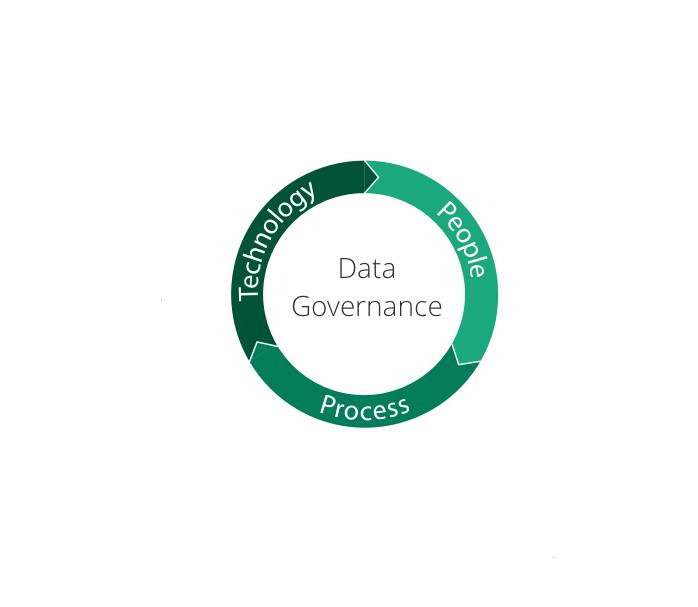As companies continue to embrace digital transformation and rely more heavily on data-driven decision-making, regulatory compliance has become increasingly important. Regulatory bodies around the world are placing stricter requirements on companies to ensure that they are protecting sensitive data and complying with regulations.
This is where data engineering plays a critical role. Data engineers are responsible for designing and maintaining the infrastructure that enables data to be processed and analyzed. In the context of regulatory compliance, data engineers play a vital role in ensuring that data is properly managed and secured.
One of the primary challenges facing companies in regards to regulatory compliance is ensuring that data is properly anonymized and protected. Data engineers can help to design and implement solutions that enable sensitive data to be properly protected while still being available for analysis.
Data engineers can also play a role in helping companies comply with regulations such as GDPR and CCPA by ensuring that data is properly classified and that the necessary controls are in place to ensure that it is used in accordance with the applicable regulations.
In addition to helping companies comply with regulations, data engineering can also help to improve data quality. By implementing solutions that enable data to be properly cleaned and standardized, data engineers can ensure that the data being used for decision-making is accurate and reliable.
In conclusion, data engineering plays a critical role in ensuring that companies are able to comply with regulations and protect sensitive data. As regulatory bodies continue to place stricter requirements on companies, data engineers will become increasingly important in enabling companies to manage and protect their data.

